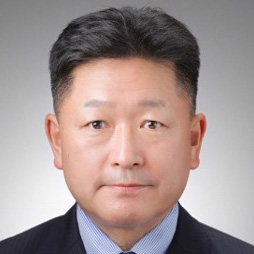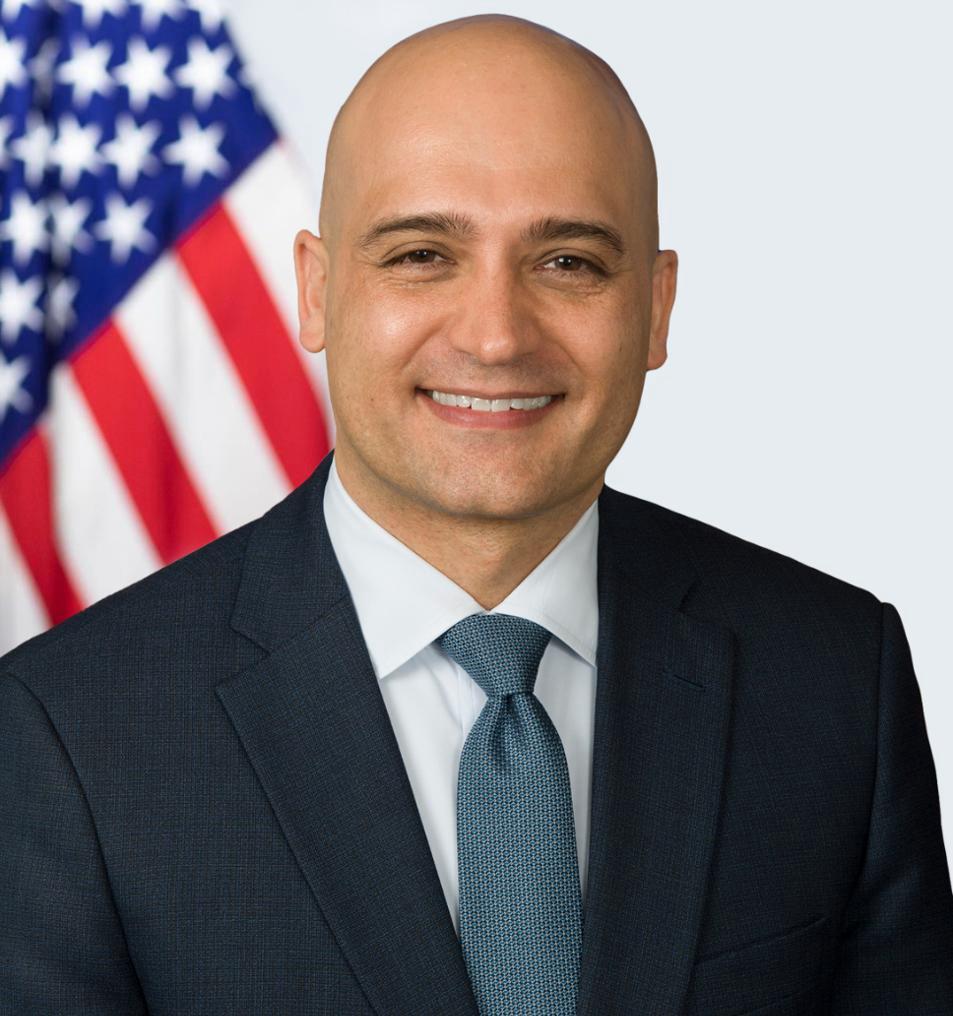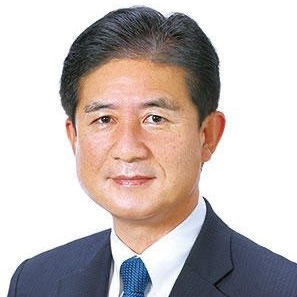
Member Introduction
CEO: Hideto Tomabechi
Ph.D. Carnegie Mellon University 1993. A computer scientist and a cognitive scientist (AI, natural language, computational linguistics, machine architecture, discrete mathematics, massively parallel intelligence, functional neuroscience, and analytical, computational and quantum philosophy, cyber defense and cognitive warfare). Currently, is a Fellow CyLab at Carnegie Mellon University, a Research Professor at George Mason University’s C5I & Cyber Center, President of the Japan
Foreign Policy Council, President of the Japan Journalist Association, and CEO of Cognitive Research Labs, Inc. After graduating from the School of Foreign Languages and Studies at Sophia University via the University of Massachusetts Department of Communication Studies, he joined Mitsubishi Estate as a Finance Officer in 1983. While continuing his position, in 1985 he joined the Ph.D Program at Department of Computer Science at Yale University as a Fulbright Scholar under Roger Schank, known as one of the founding fathers of artificial intelligence.
Tomabechi was an early member of Yale AI Project and Yale Cognitive Science Project. Concurrently, he continued his Finance Officer position at Mitsubishi Estate and was a central member of Mitsubishi’s acquisition of Rockefeller Group Inc. which owned Rockefeller Center buildings. From Yale, he transferred to Carnegie Mellon University as a Ph.D. student and also joined Center for Machine Translation (currently Language Technology Institute) at its foundation. He was in charge of developing the world’s first speech-to-speech translation system at Carnegie Mellon University in 1986 and one of the earliest generative AI systems in Upon returning to Japan, he held various positions, including Associate Professor at Tokushima University, Director of the Scientific Institute and the Pittsburgh Research Institute at Justsystems, and Expert Member of the Information Processing Promotion Council of the Ministry of International Trade and Industry.
In the 1990s, he engaged in the earliest functional neuroscience studies in collaboration with Harvard Medical School and Massachusetts General Hospital.

CEO Current Activities
• October 1, 2020: Appointed as Research Professor at the C4I and Cyber Center of George Mason University, USA.
• April 8, 2020: Appointed as Visiting Professor at the Future Innovation Institute, Waseda University Nano-Life Creation Research Institute.
• October 21, 2019: Appointed as Visiting Professor at the C4I and Cyber Center of George Mason University, USA.
Vice President: Yuki Sekiguchi
Graduated from the National Defense Academy of Japan with a degree in Science
and Engineering and earned a master’s degree in International Politics from Aoyama
Gakuin University Graduate School. He served in the Japan Maritime Self-Defense
Force (JMSDF) for over 30 years, retiring in December 2022. His career included
roles such as Chief Instructor of Navigation at the U.S. Naval Academy in Annapolis,
Maryland, Commanding Officer of the escort ship Hamagiri, and Representative of
Japan at the Multinational Force Coordination Cell at U.S. Central Command in
Florida. He also served as Chief of the Japan-U.S. Joint Operations Group in the
Joint Staff Office, Defense Ministry, Defense Coordination Officer in the Defense
Division, Defense Policy Coordinator at the Ministry of Foreign Affairs, Defense
Attach. at the Embassy of Japan in the U.S., Director of Command, Control,
Communication, and Computers (J-6) in the Joint Staff Office, Chief of Staff at the
JMSDF Maizuru District, Director of the JMSDF 2nd Technical School, and Deputy
Principal of the JMSDF Staff College.
Currently, as Vice President at CRL, he oversees our consulting, think tank,
education, and related software and hardware research and development businesses
in the areas of cognitive warfare defense, cyber defense, and overall security.

Special Advisor Dr. Linton Wells
A retired U.S. Navy Captain (graduated from the Naval Academy in 1967) and former
Assistant Secretary of Defense at the U.S. Department of Defense, he is still an
active leader in guiding national security for the U.S. government.
Having served in wars from the Vietnam War to the Gulf War, during 9/11, he
oversaw information security for the Department of Defense and all globally
deployed U.S. forces as Assistant Secretary of Defense, demonstrating crisis
leadership against unprecedented terrorism.
As threats shift from terrorism to cyber threats, he proposes new era crisis
leadership theories, cyber resilience theories, and next-generation decision-making
education theories from his position as a global authority on security, national
strategy, and resilience. Recently, he has also been involved in guiding economic
security from a defense perspective.

Special Advisor: Camilo Sandoval
Camilo Sandoval served as a Senior White House Advisor to President Donald J. Trump, playing a pivotal role across the Trump Administration and Presidential Campaign from January 2016 to January 2021. His leadership extended to critical national initiatives as White House Chief Information Security Officer (CISO) and as Senior Policy Advisor for Artificial Intelligence and Cybersecurity at the Office of Management and Budget (OMB). Most recently, he contributed his expertise as an advisor to the 47th Presidential Transition Team for President Trump.
As Chief Information Officer (CIO) of the Department of Veterans Affairs, Mr. Sandoval directed the technology strategy for the largest integrated healthcare and financial services organization in the United States. Managing a $325 billion enterprise, he led the modernization of VA technology operations, dramatically enhancing digital healthcare delivery for over nine million veterans and supporting the operational needs of 380,000 employees nationwide.
In his capacity as Federal Chief Information Security Officer under President Trump, Mr. Sandoval was the principal advisor on federal cybersecurity, artificial intelligence, and technology acquisition policy. He oversaw a federal technology portfolio exceeding $120 billion, driving advancements in national defense acquisitions, critical infrastructure security, and enterprise technology reform across the U.S. government.
Earlier in his career, Mr. Sandoval served in the United States Air Force and at the National Security Agency, specializing in signals intelligence at Misawa Air Base in Japan (1993–1998). Following his military service, he transitioned to Wall Street, building over a decade of experience in healthcare investment banking, mergers and acquisitions at Bank of America Merrill Lynch, and information risk management at American Express.
Mr. Sandoval holds an MBA in Finance and Strategy from Indiana University and a Bachelor’s degree in Finance and Accounting from the University of Texas at Arlington.

Executive Officer: Kazunori Inoue
After graduating from Yokohama National University with a degree in Economics, he
joined the Defense Agency (now the Ministry of Defense). His career included roles
in the Cabinet Secretariat’s National Security and Crisis Management Office,
Cabinet Councillor’s Office (under the first Abe administration’s Special Advisor to
the Prime Minister), Director of the Crisis Management Division in the Defense
Policy Bureau (during the Great East Japan Earthquake), Director of the Defense
Ministry’s Minister’s Secretariat, Director-General of the Okinawa Defense Bureau,
Director-General of the Procurement Management Department at the Acquisition,
Technology & Logistics Agency, and Counsellor at the Minister’s Secretariat of the
Defense Ministry before retiring. Subsequently, he was elected in the 48th House of
Representatives election in 2017 and served as a member of the House of
Representatives until 2022.
Currently, as Executive Officer (in charge of security) at CRL, he is responsible for
our consulting, think tank, and related software and hardware research and
development businesses in the areas of cognitive warfare defense, cyber defense,
and overall security.

